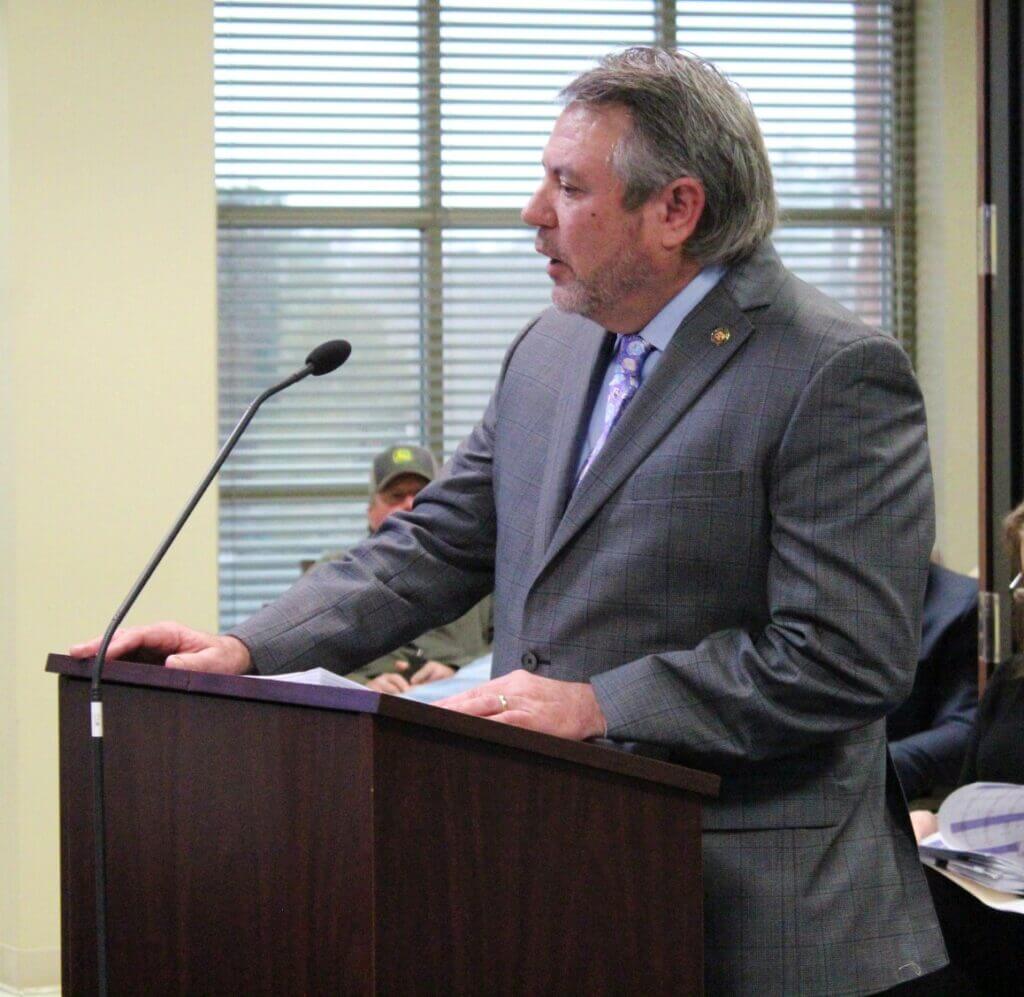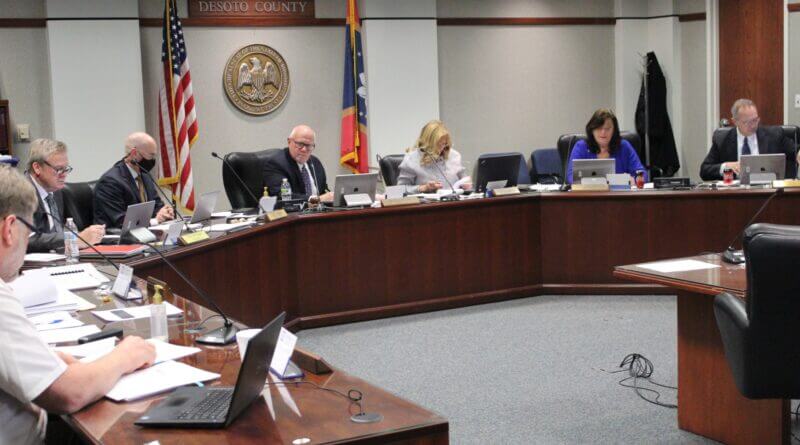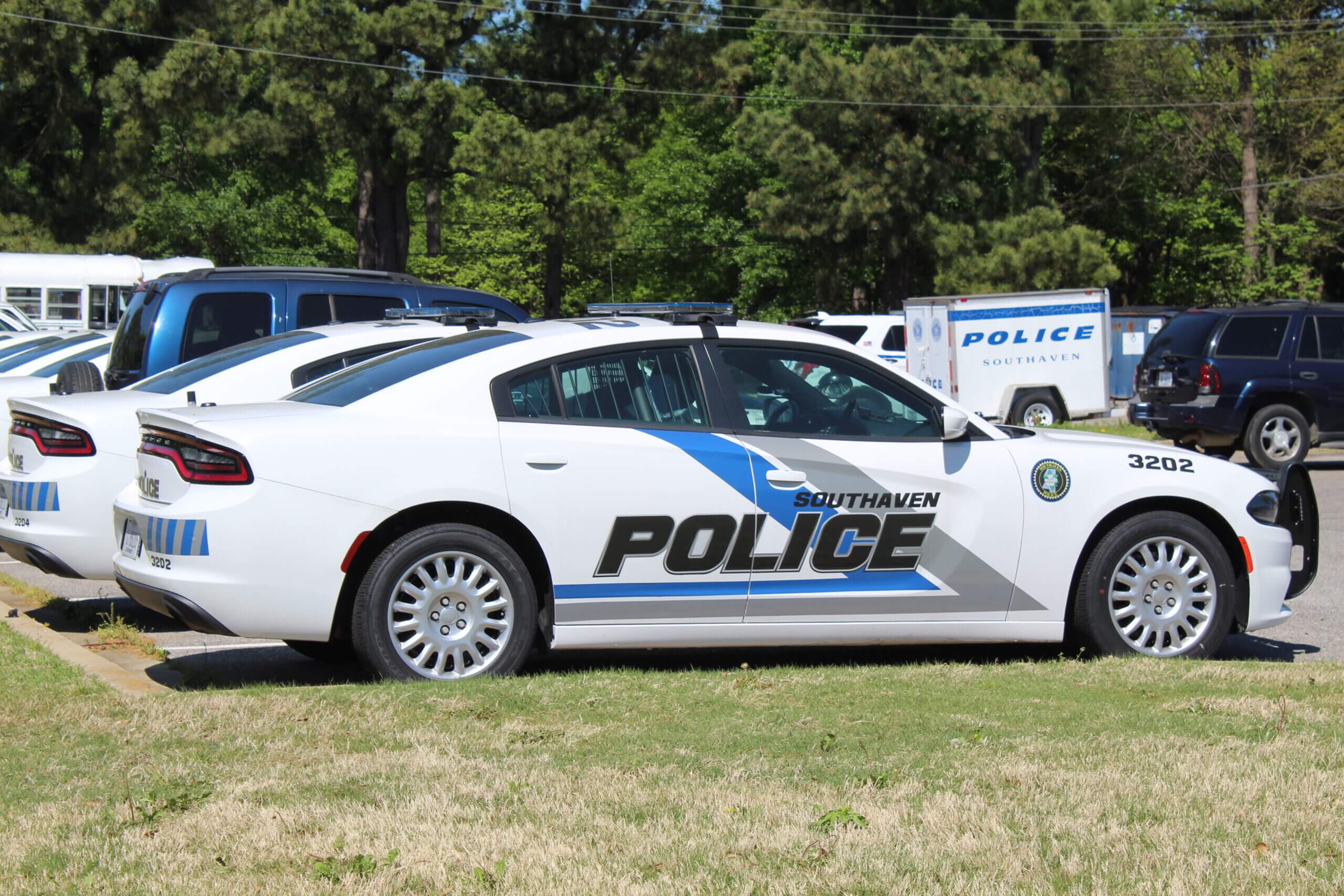Supervisors support new radar gun legislation
Mississippi is one of the few states in the country that prohibits its county sheriff’s deputies from monitoring traffic speeds and writing citations for excessive speeds on county roads.
Lowndes County is the only county in Mississippi where the sheriff’s department has radar guns and DeSoto County Sheriff Bill Rasco told county supervisors Monday, “They got it in 1968 and their sheriff doesn’t even use it.”
The prohibitions come on concerns that law enforcement will use radar guns to set up speed traps and then pad their coffers.
So as it stands now, speed limit signs on rural DeSoto County roads basically become of sorts “suggestions” and not “limits,” as the signs say.
The fact that deputies can’t monitor traffic speeds with radar guns can also be reflected in the number of crosses dotting roadways in remembrance of those being killed in crashes, many of which caused by speed.

State Sen. Michael McLendon (R-Hernando) has put forward a bill he believes will address high-speed roadways on county roads while assuring the “Sheriff Roscoe P. Coltrains” of the world can’t get themselves richer by ramping up traffic stops for speed.
The bill, which is officially Senate Bill 2387, would allow sheriff’s departments in counties that have 140,000 or more population to have the option of purchasing and operating no more than two radar guns for its use. With a population of approximately 185,000, DeSoto County would be eligible, under the bill.
The bill, written by McLendon and state Sen. Jeremy England (R-Vancleave), and endorsed by Rasco, has a number of restrictions for its use.
For instance, the radar guns can’t be used within 500 yards of a municipality’s boundary lines and within 500 yards of a county line. They also cannot be used within 500 yards of a speed limit change, such as reducing from 45 to 35 miles per hour. No running of radar from deputies on interstates or state highways.
The other unique feature of McLendon’s bill is that the funds received in fines from speeding tickets under the measure won’t go to the county coffers; they go instead to educational purposes in the county where the violation occurred.
McLendon, Rasco, and DeSoto County Schools Supt. Cory Uselton all support the idea of those funds going to the driver’s education programs of DeSoto County public high schools.
McLendon presented his proposal to the Board of Supervisors Monday to request a resolution of support from the county for the bill. That resolution passed on a 5-0 unanimous vote.
The county resolution states the ability to run radar has been a decades-old request of the sheriff’s department and cited the fatalities on county roads due to excessive speed.
McLendon said the biggest roadblock to passage right now is that counties that are smaller than 140,000 population also want to come under the bill. There may even be a move to amend the bill and make it affect DeSoto County only.
“We would be the beacon and the starting point,” McLendon said. “Smaller counties want to do the same thing, but in doing that, the higher-ups in government are asking if it is an overreach.”
Right now, the bill sits in the County Affairs Committee, where state Sen. Angela Burks Hill (R-Picayune) is chair. McLendon said she supports the bill, however there is another route the bill can go if it can’t get out of County Affairs by the deadline.
“If it doesn’t get out of that committee, there’s another route for us to do it and that is in the Local and Private Committee,” McLendon said. “That is where Sen. Chad McMahan (R-Guntown) is the chairman. He likes the bill and he wants to see that bill come out of committee.”
County Supervisor Jessie Medlin said the bill could ease some dangerous situations that are a daily occurrence in his district of eastern DeSoto County.
“All you have to do is come over to Craft Road at Lewisburg schools this afternoon and watch the kids racing out in their pickup trucks,” Medlin said. “When you go down Highway 305, they will not let you drive in front of them.”
You can read and follow the progress of Senate Bill 2387 on the Mississippi Legislature website at http://billstatus.ls.state.ms.us/2021/pdf/history/SB/SB2387.xml.






